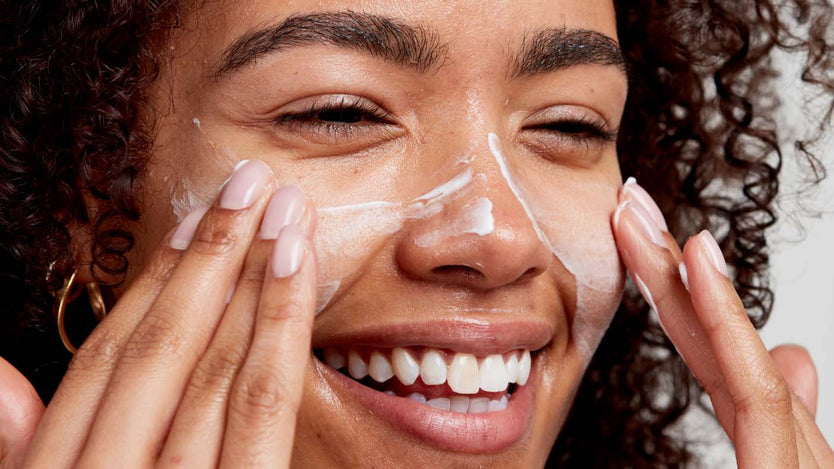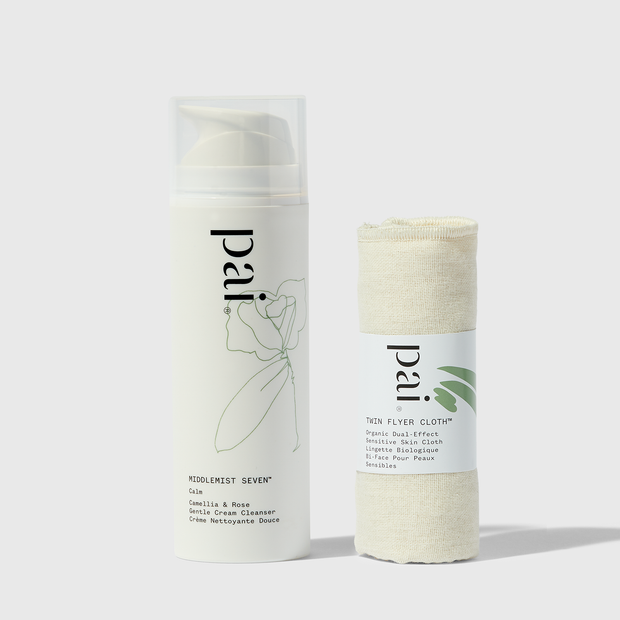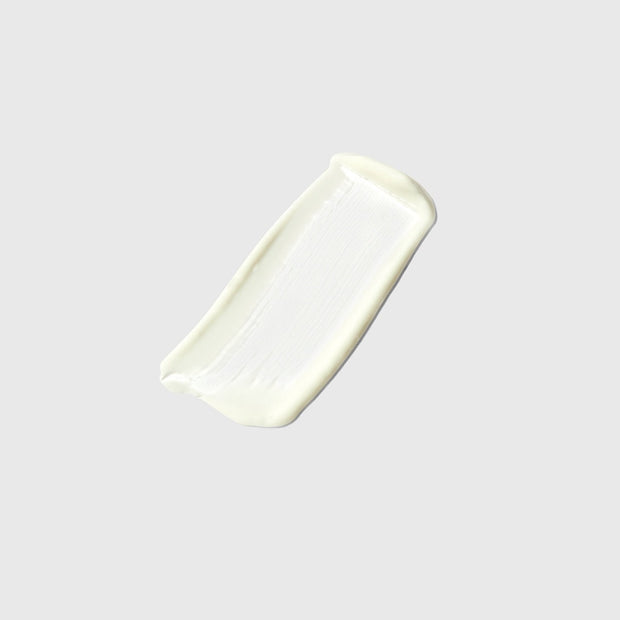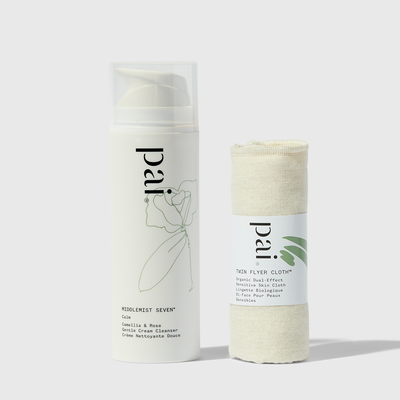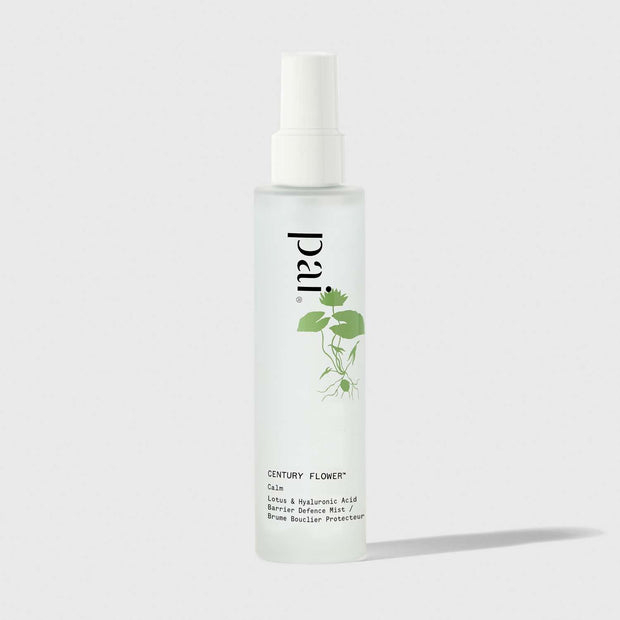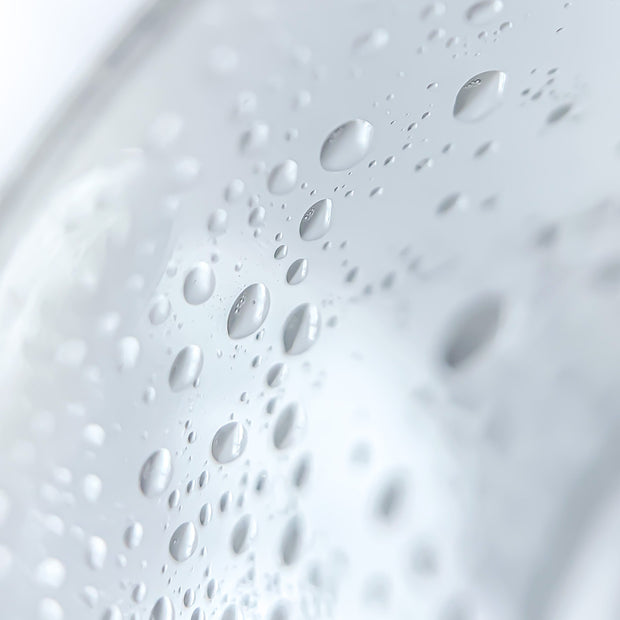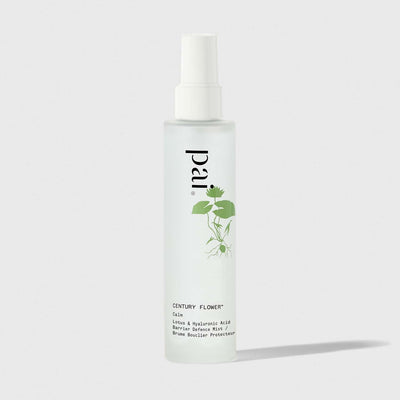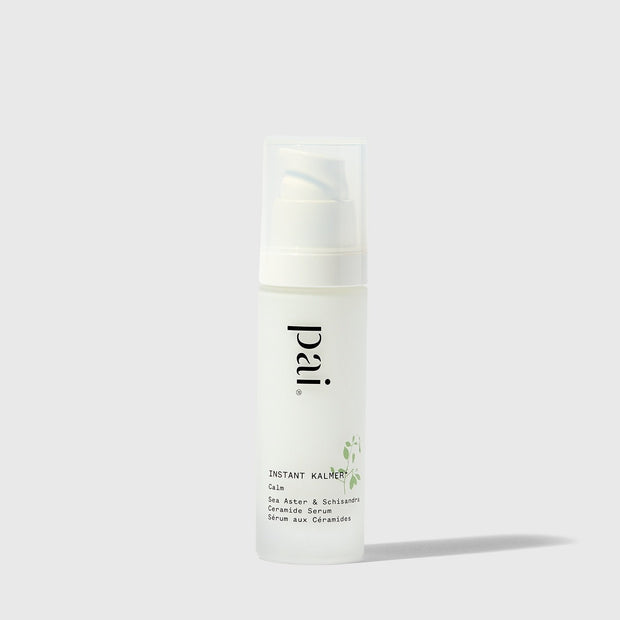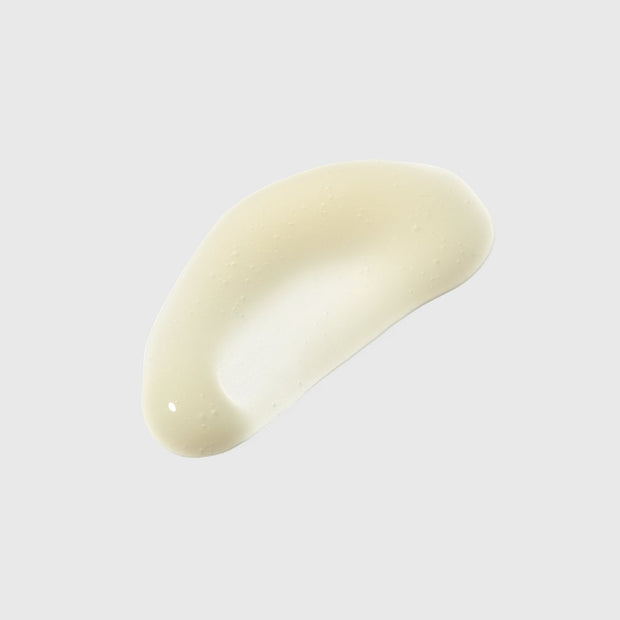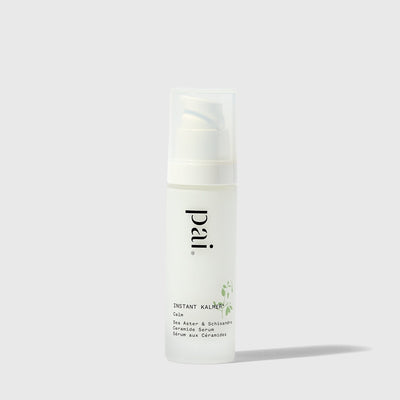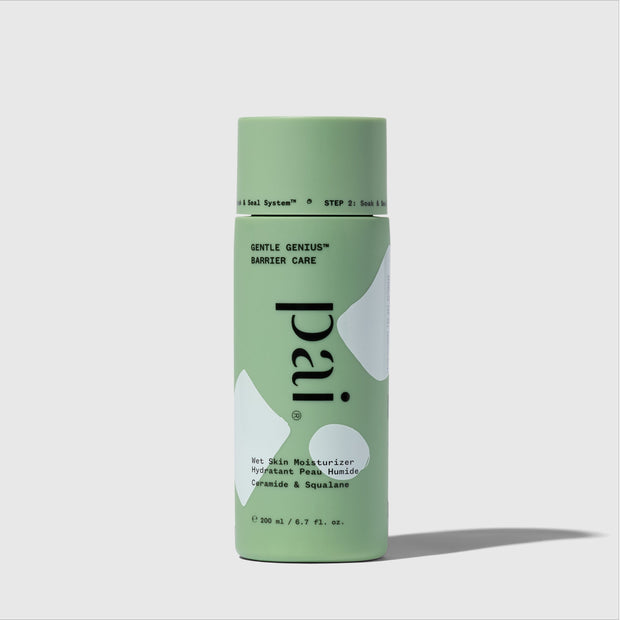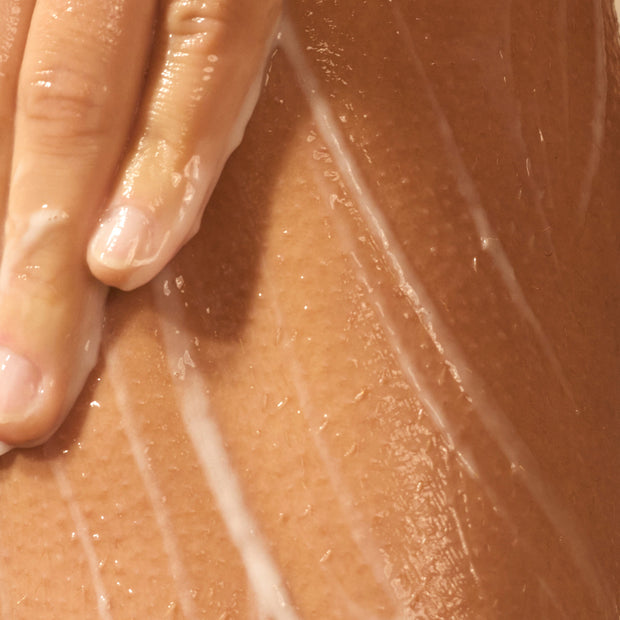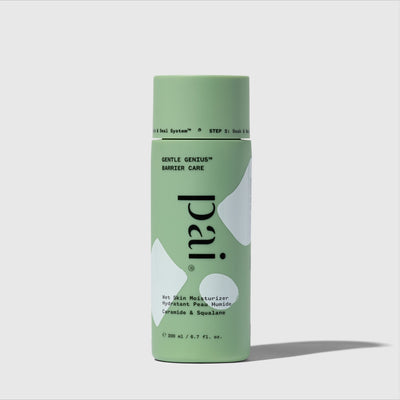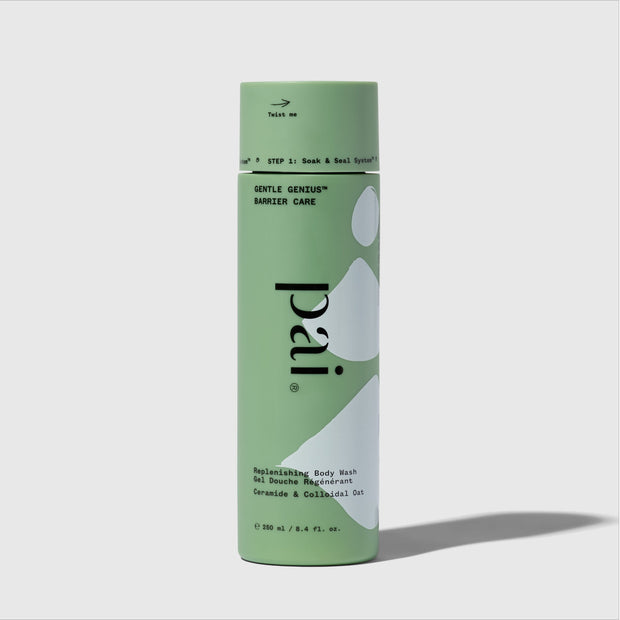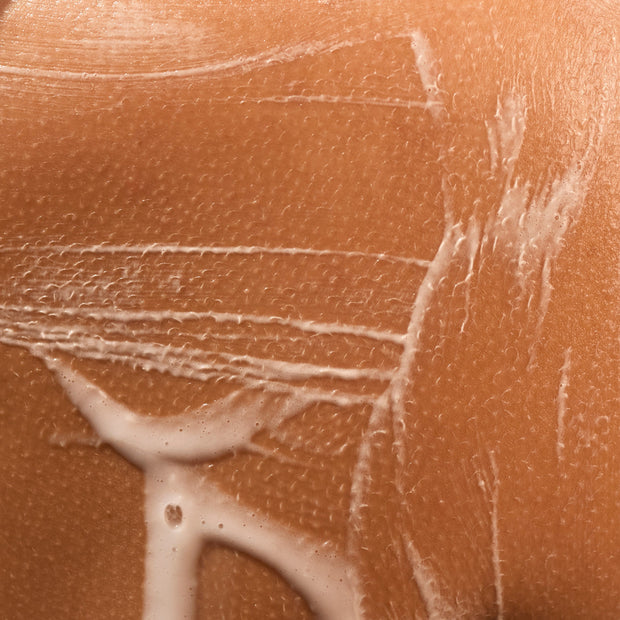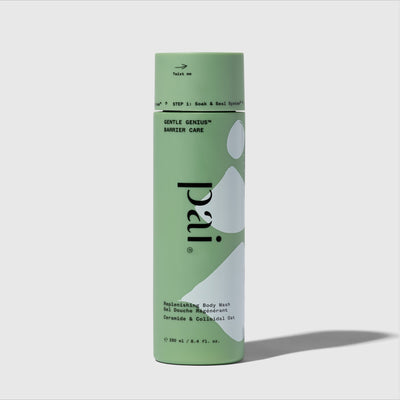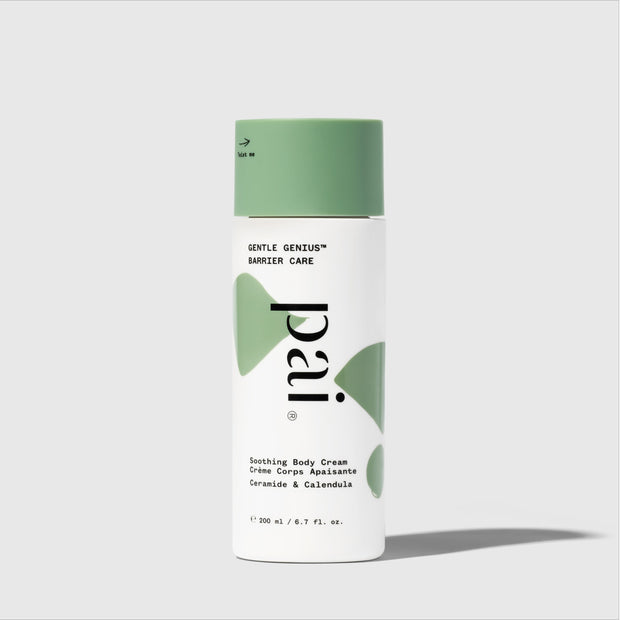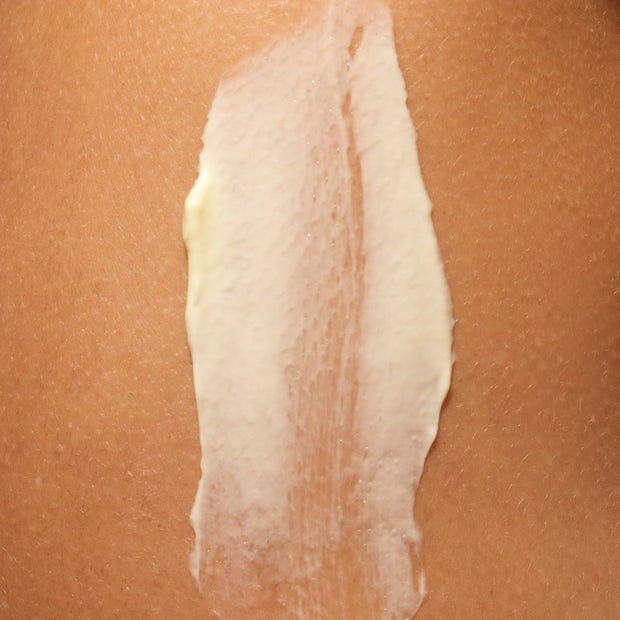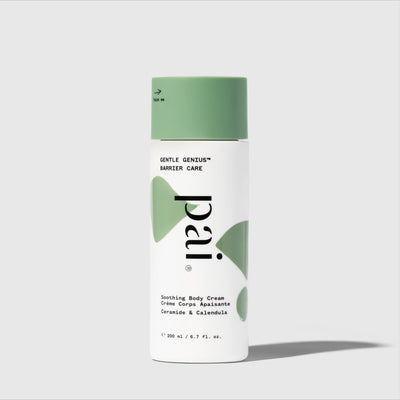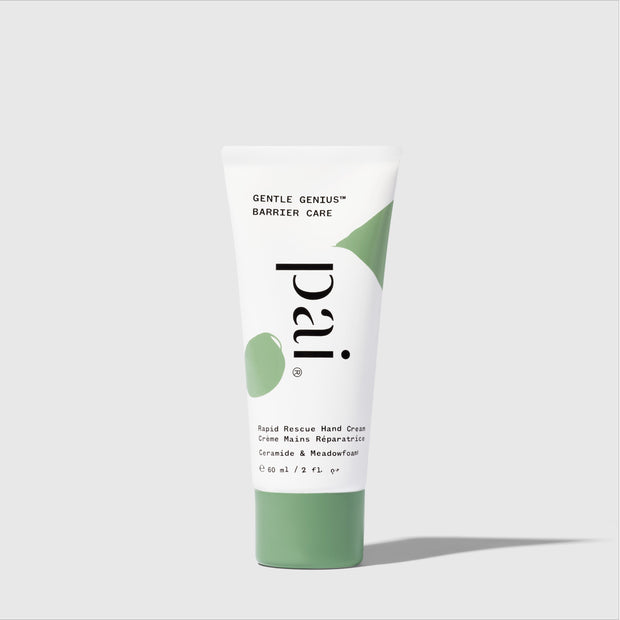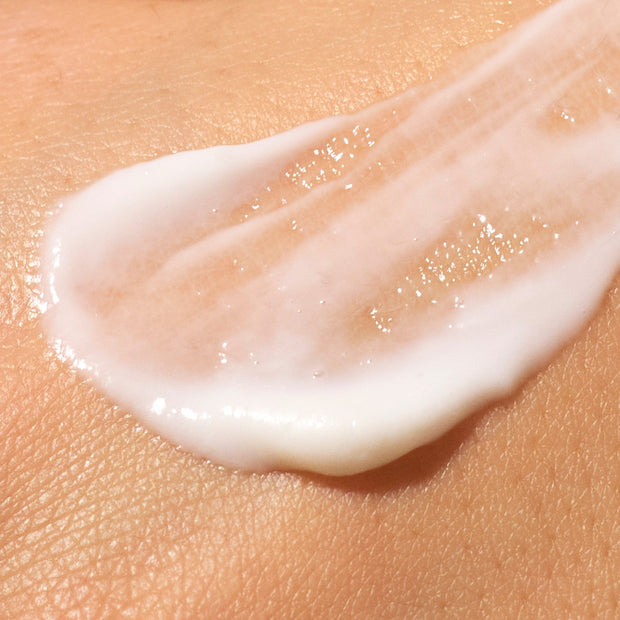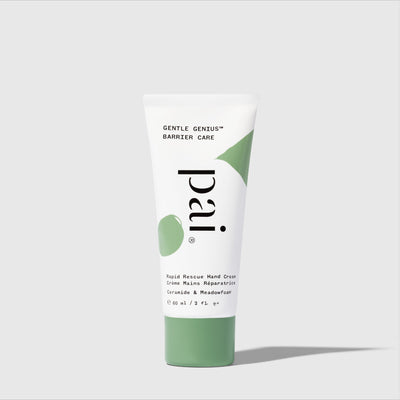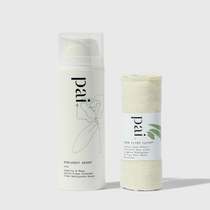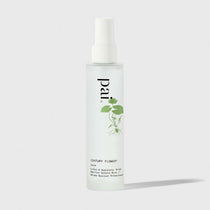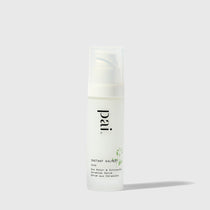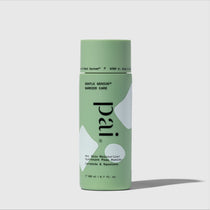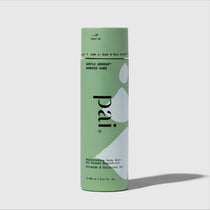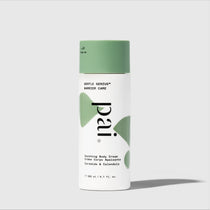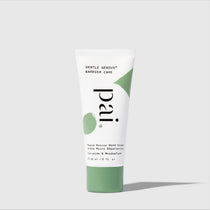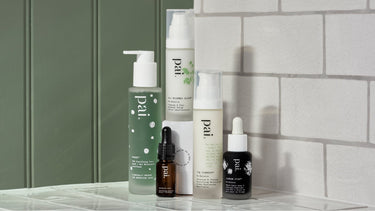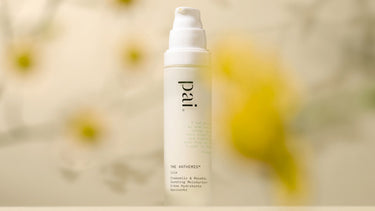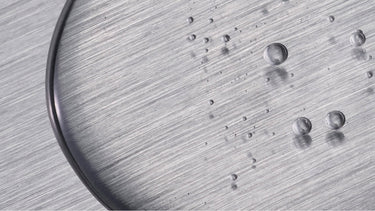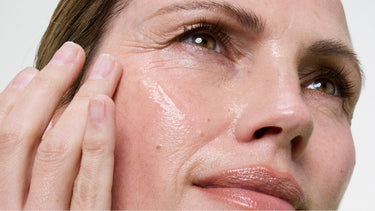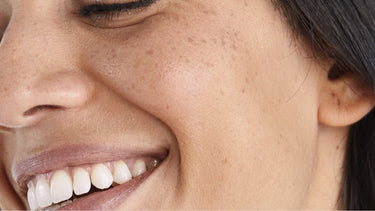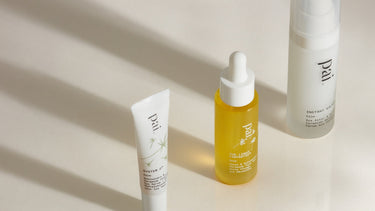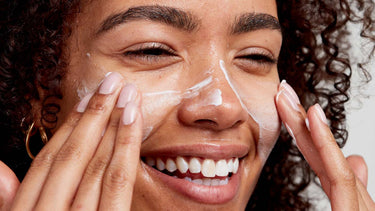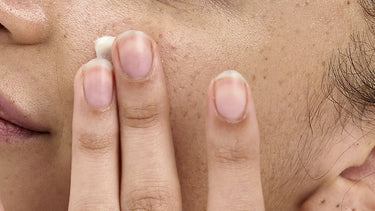If there's just one thing every skin type has in common, it's the skin barrier. We've all got one, we all need to take care of it – and no matter what your skin goals or concerns, keeping the skin barrier healthy is the universal key to tackling them.
But with skin barriers becoming more of a beauty buzzword as more formulas emerge promising to keep it strong, it’s important to know exactly what it is, what it does, and how it works. And why it’s especially relevant to anyone experiencing sensitive skin.
Read on for our ultimate guide to your skin’s protective barrier and how to keep it in tip-top condition.
What is the skin barrier?
You might remember from your school science lessons that the skin is made up of a number of layers. The outermost or top layer, also known as the stratum corneum, is the skin barrier.
Often likened to a wall of bricks – each brick being a skin cell – this outer shield keeps the layers of skin underneath, and by default the rest of your body, safe. It’s permeable, but it’s choosy about what it lets in (that’s why you don’t swell up with water when you soak in the bath).

Between the ‘bricks’ or cells, is the ‘mortar’ that holds it all together. These lipids include ceramides, cholesterol, and fatty acids, as well as a group of substances that make up your skin’s Natural Moisturizing Factor (NMF).
In short, the skin barrier’s job is to keep the bad stuff out, and the good stuff in – and to hold everything in place so your skin has a smooth and supple surface.
What does the skin barrier do?
The skin barrier is a vital part of the human body and without it we wouldn’t survive. It serves multiple functions that are about more than just a healthy complexion – so let’s take a closer look at each of them.
Protects
First and foremost, the skin barrier protects the skin from the outside world to minimize irritation. This includes the weather - think UV rays, cold or wind - and more manmade things like pollution or even your skincare products. It also protects against bacteria, viruses, and fungi that could damage the skin and lead to infection.
Prevents water loss
Transepidermal water loss (TEWL) is the process of moisture evaporating from the skin. The skin barrier ensures the right amount of hydration is kept within the skin and the body.
Sends nutrients down to the skin
Be it from the skincare ingredients you apply, or the sun’s rays which are then converted to Vitamin D, your skin’s surface plays an important role in making sure the dermis is well nourished, sending all the goodness deeper down to get to work.
Regulates temperature
The hypothalamus - located in the brain - works almost like a thermostat that directs the skin, sweat glands and blood vessels to adapt to differing temperatures by heating or cooling.
The skin barrier plays a crucial role in water evaporation, part of the process of sweating, which helps release heat so you maintain an optimum temperature.
Senses touch
The largest organ in our body, the skin contains sensory receptors that allow you to feel temperature and touch. This makes it crucial for going about our day-to-day life and alerting us to danger.
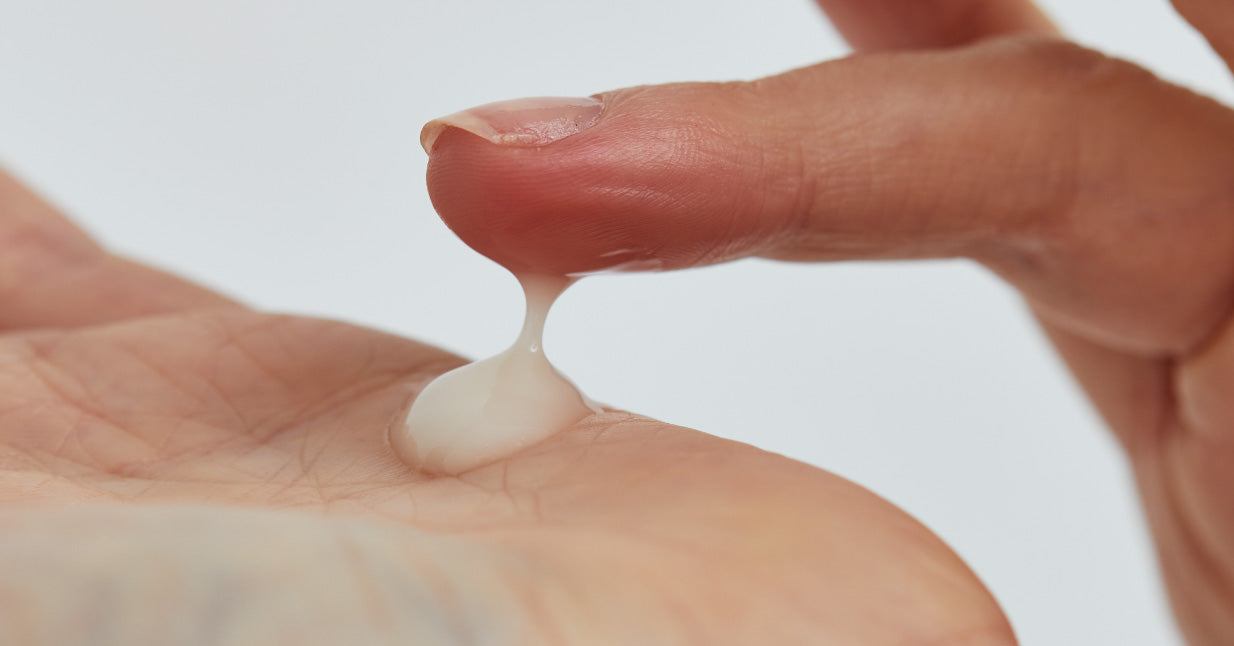
Why is a healthy skin barrier so important?
You can’t have healthy skin without a healthy skin barrier. It’s that simple.
There are a number of things that can cause the skin barrier to become impaired - more on that in a minute. When it is in this state you’ll notice that the skin is dry, rough and dehydrated. Keeping the barrier healthy will eliminate these issues and ensure your skin is smooth, soft and radiant.
When the skin barrier is impaired you are also more prone to sensitivity, redness and conditions like eczema or rosacea. Strengthening the skin barrier is therefore key to soothing sensitive skin conditions and reducing irritation.
What causes an impaired skin barrier?
Your skin is essentially always under attack – from the environment and your lifestyle. Your barrier is working hard as a bodyguard to defend itself and the skin beneath, but it’s not indestructible and can easily become damaged. Here’s how.
Abrasive products
Harsh exfoliants can sometimes damage the skin barrier. You can still use a physical exfoliant, just don’t overdo it – once a week is usually plenty – and use a formula such as Virtuous Circle™, made with spherical Jojoba Beads which won’t tear your skin.
Too many active ingredients
Used correctly and in the right dosage, active ingredients can be highly beneficial for the skin but overdoing it can compromise the skin barrier. When using ingredients like retinoids and chemical exfoliants like AHAs and BHAs, start slowly with formulas that are kinder to the skin, taking rest days to give it space to work, and introducing one active ingredient at a time.
Water
Water that is too hot or too cold can impact the skin barrier. Where possible, use lukewarm water to wash your face and try to keep your face out of the direct flow of the shower, which is usually too hot.
Stripping cleansers that use foaming ingredients can also impact negatively on the skin barrier. If your skin is feeling dry, tight or squeaky, turn down the temperature and swap anything with an extra bubbly foam for a cream or oil cleanser.
Sun
UVA and UVB rays are arguably the skin barrier’s biggest enemy. Too much sun will damage the skin which can cause premature aging and even skin cancer. Remember to protect the skin daily with SPF 30 or above, no matter how cloudy outside.
Fragrance
The skin barrier - especially when compromised - can be sensitive to fragrance ingredients. This applies both to synthetic fragrance and natural fragrances from essential oils.

How to build a healthy skin barrier
Feed your skin with ceramides
Ceramides are found naturally in the skin barrier. They do the job of holding skin cells firmly together to maintain its structure. Luckily you can give your skin barrier a helping hand by applying ceramide-rich skincare. Our Instant Kalmer™ Ceramide Face Serum and The Light Fantastic™ Ceramide Face Oil both do a brilliant job here. And don't forget your barrier doesn't stop at your jawline – it needs support from head to toe, which is where our Ceramide-powered bodycare comes in.
Use prebiotic rich skincare
On the surface of the skin barrier is the microbiome, an ecosystem of bacteria. Keeping the microbiome balanced and happy can be tricky at times, but using prebiotic rich skincare gives it a fighting chance. Many of our formulas now contain Prebiotic Inulin - sourced from chicory roots - to rebalance the skin’s microbiota and form a natural defensive shield and keep skin healthy.

Keep it calm and hydrated
A happy skin barrier is a hydrated skin barrier. Hyaluronic Acid, found naturally in the body, helps the skin hang on to moisture better. Using a Hyaluronic Acid serum like Back To Life™ will ensure skin is hydrated sufficiently. And if you're on the more sensitive side, opt for formulas that are specifically designed to soothe and comfort, like our bestselling The Anthemis™ face cream. It's clinically proven to support the skin barrier, hydrating for up to 24 hours and bringing instant calm to sensitive skin*.
Lock in extra moisture by misting Hyaluronic Acid-rich Barrier Repair Mist between each of your skincare steps.
Don’t overdo it
Skincare is best kept simple when it comes to an impaired skin barrier. Using too many products or active ingredients can have a negative effect. It can strip the skin’s surface, mess up the microbiome and shift things off balance.
Remember, the skin barrier is there to keep things out – so piling a ten-step regimen onto it is just going to stress it out. Less is more; the most important thing is to listen to what your skin is telling you, as it will usually find a way to speak up if it’s feeling overwhelmed.
Book a free skin consultation with our experts for more tailored advice
*Based on a 24 hour clinical study on 20 subjects & four week independent consumer trial on 112 subjects with sensitive skin.


























